Joint action Towards the European Health Data Space – TEHDAS
The TEHDAS joint action funded by the European Union and member states developed common European principles for the use of health data. Twenty-five countries participated in the joint action.
Latest
What was it about?
The European Union wants to promote the secure use of health data across borders. The foundations for the European Health Data Space were laid in the TEHDAS (Towards the European Health Data Space) joint action, a project led by Sitra and involving 25 countries.
The project focused on the use of health data for research, innovation and decision-making (so-called secondary use). Secondary use of health and social data The secondary use of health and social data means that the customer and register data created during health and social service sector activities will be used for purposes other than the primary reason for which they were originally saved. The secondary uses referred to in the Act in Finland include: scientific research, statistics, development and innovation activities, steering and supervision of authorities, planning and reporting duties by authorities, teaching, knowledge management. Open term page Secondary use of health and social data In particular, it looked at:
- a governance model for the cross-border use of health data for secondary purposes;
- the quality assurance and interoperability of health data;
- designing the infrastructure for the cross-border secondary use of health data;
- clarifying the role of individual.
A wider use of health data would improve healthcare and strengthen Europe’s competitiveness in research and innovation.
What did we do?
The project found that the capacity of different EU countries to accelerate the use of health data for research and innovation varies widely.
Currently, European researchers, businesses and policy-makers face a number of barriers to the cross-border use of health data. The main ones relate to legislation. Practices for collecting and processing health data vary from one EU country to another due to the legislation in each country and their different interpretations of the General Data Protection Regulation (GDPR). General Data Protection Regulation (GDPR) Regulation (EU) 2016/679, the European Union’s ("EU") new General Data Protection Regulation ("GDPR"), regulates the processing by an individual, a company or an organisation of personal data relating to individuals in the EU. Open term page General Data Protection Regulation (GDPR) The smooth use of health data therefore requires clarification of both EU and national legislation.
Legislation is being prepared at EU level to clarify and harmonise national practices.
In the future, a specialised authority in each country could make decisions on the use of health data. Access to data would only be authorised for the purposes defined in the legislation, and data could only be used in a secure processing environment. The TEHDAS project made recommendations on what constitutes a secure data processing environment. The protection of people’s privacy will be enhanced when practices for sharing and using data are defined in a common way in Europe.
The TEHDAS project developed a data quality framework to ensure that health data collected across Europe, for example for research purposes, is sufficiently reliable and fit for purpose. The European Medicines Agency has used the quality framework in its own work.
An open questionnaire was used to gauge the views of Europeans on the use of health data. The results show that people are interested in sharing their health data, but in a way that carefully manages privacy and security. The project also explored how individuals and organisations can voluntarily share their data for public benefit, such as research.
The European Commission used the project’s recommendations in its proposal for a Regulation on a European Health Data Space, published in May 2022.
The TEHDAS joint action was based on the European Commission’s 2020 Health Programme (PDF). The Ministry of Social Affairs and Health of Finland appointed Sitra to participate in the project and, at the request of the participating countries, acted as the coordinator.
As coordinator, we were responsible for the budget allocated to the project by the EU Health Programme 2020. We were also responsible for the EU-wide communication of the project, including the website tehdas.eu. We also contributed to the production of the project reports together with the project partners.
The TEHDAS project was implemented as part of Sitra’s Health Data 2030 project.
Where are we now?
The TEHDAS joint action project started on 1.2.2021 and ended on 31.7.2023.
More information on the results of the project can be found on its website. An English-language publication summarising the project outputs and a related news item were published on 14.9.2023.
In October 2023, Sitra was also selected by the member states to coordinate the follow-up joint action due to the successful TEHDAS project.
The technical infrastructure for secondary access to health data described in the Commission’s proposal for a regulation is being tested in the HealthData@EU pilot project currently underway. Sitra is funding the participation of Findata and VTT in the pilot.
Who is involved?
Twenty-five countries and nearly 250 experts were involved in the preparation of the Health Information Space. In Finland, Sitra was joined by the Finnish National Institute for Health and Welfare (THL), the Centre for Technology Research (VTT), the Centre for Science and Technology Ltd (CSC) and the Finnish Social and Health Data Permit Authority Findata.
Sitra set up a national expert group to consult Finnish organisations and experts interested in the project. The group met quarterly and over 100 Finnish experts contributed their knowledge and expertise to take the work forward.

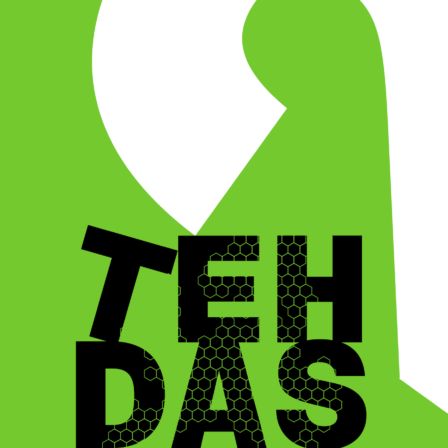
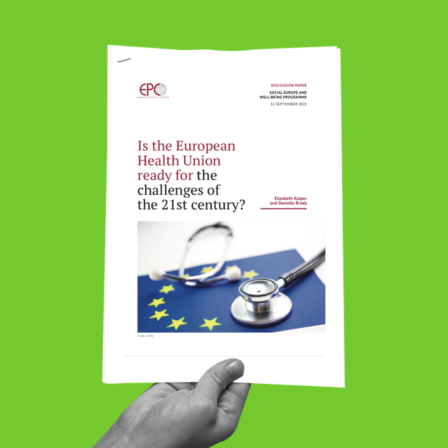

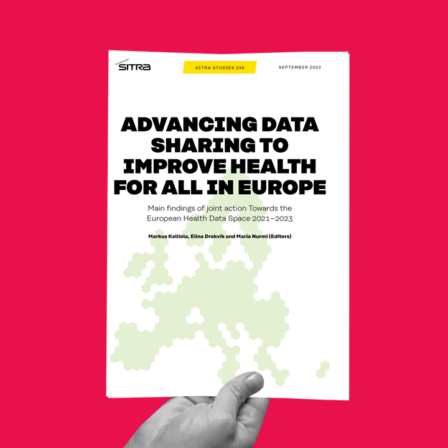
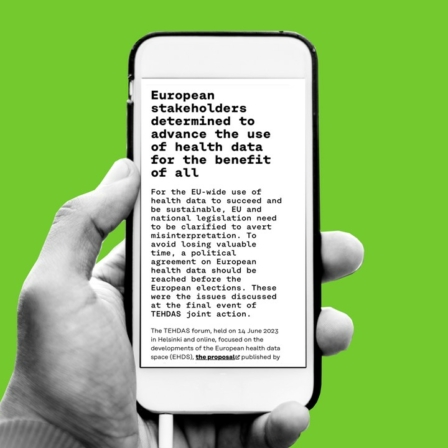
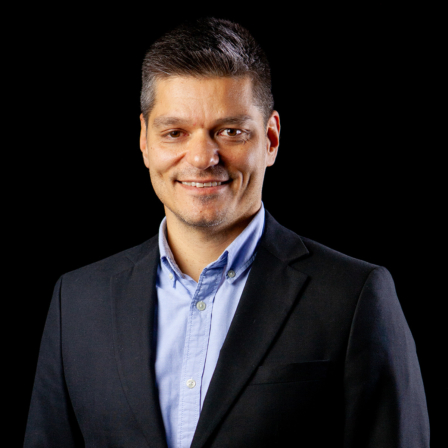





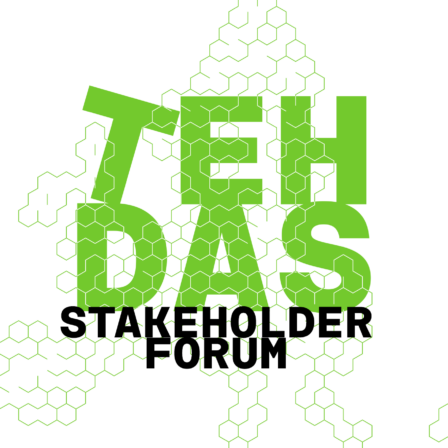




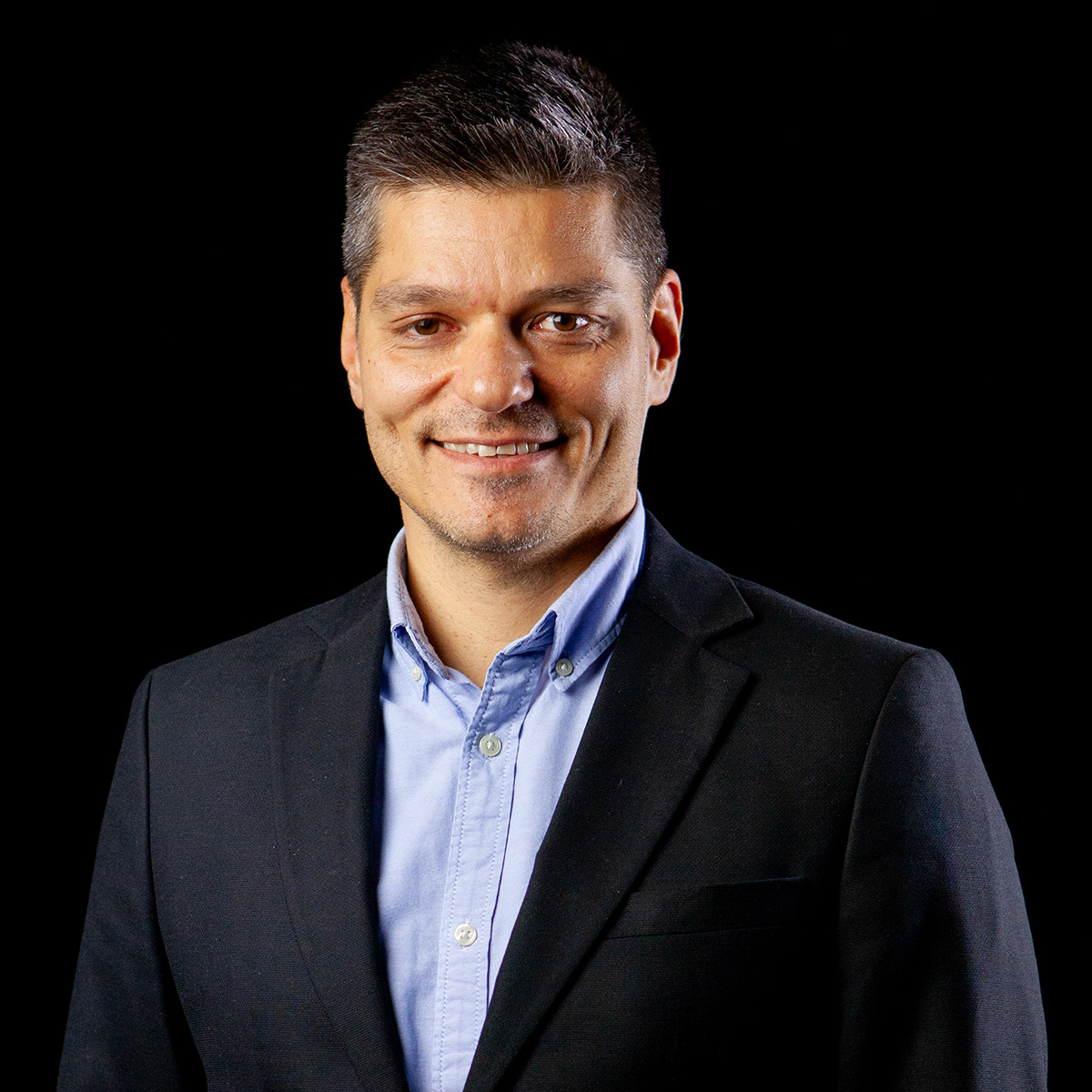
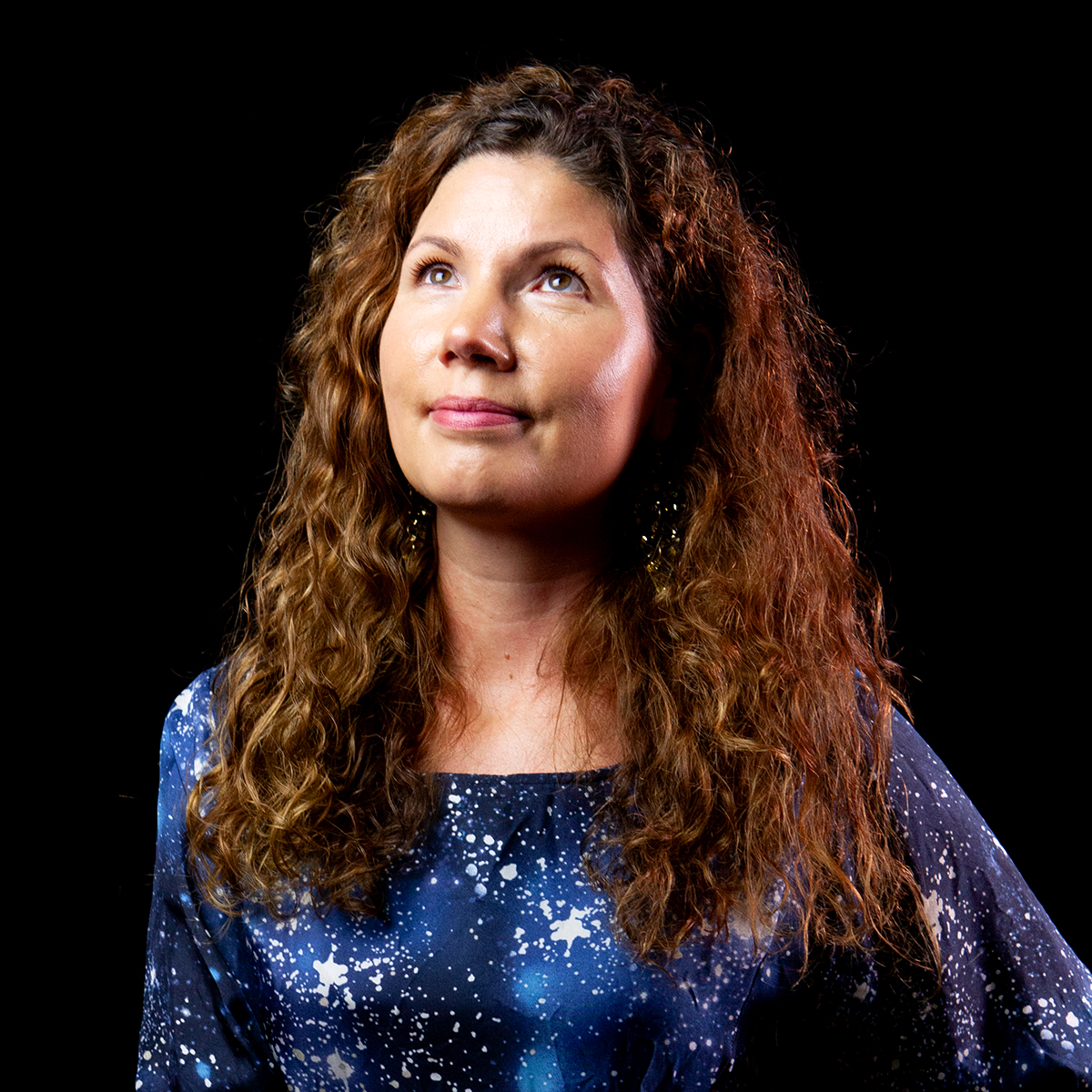
Contact us